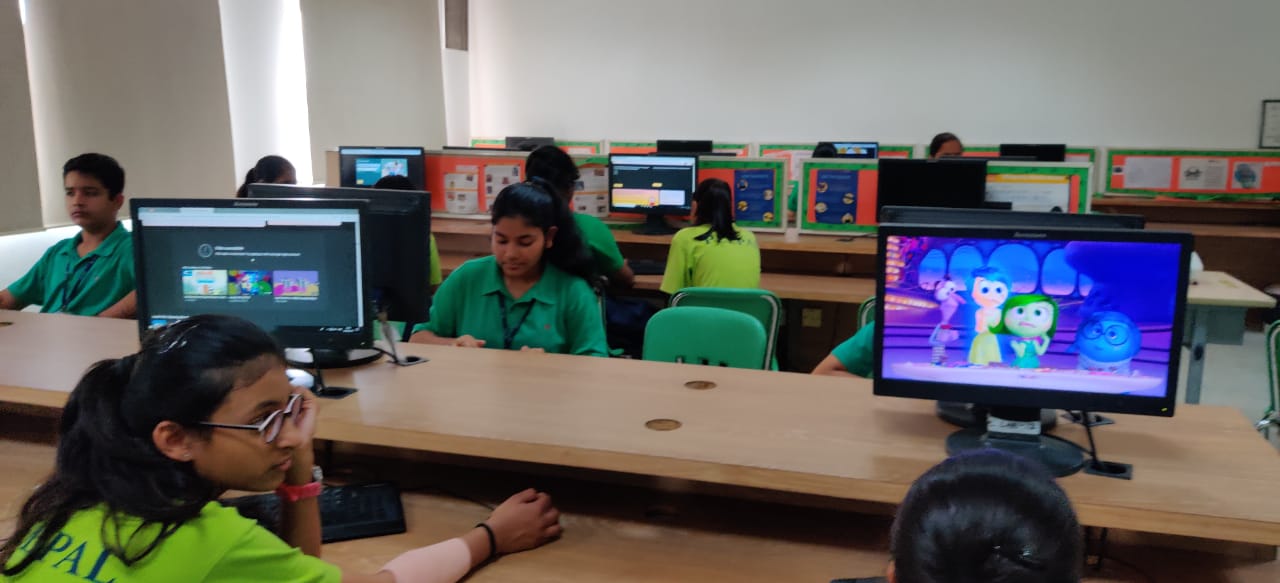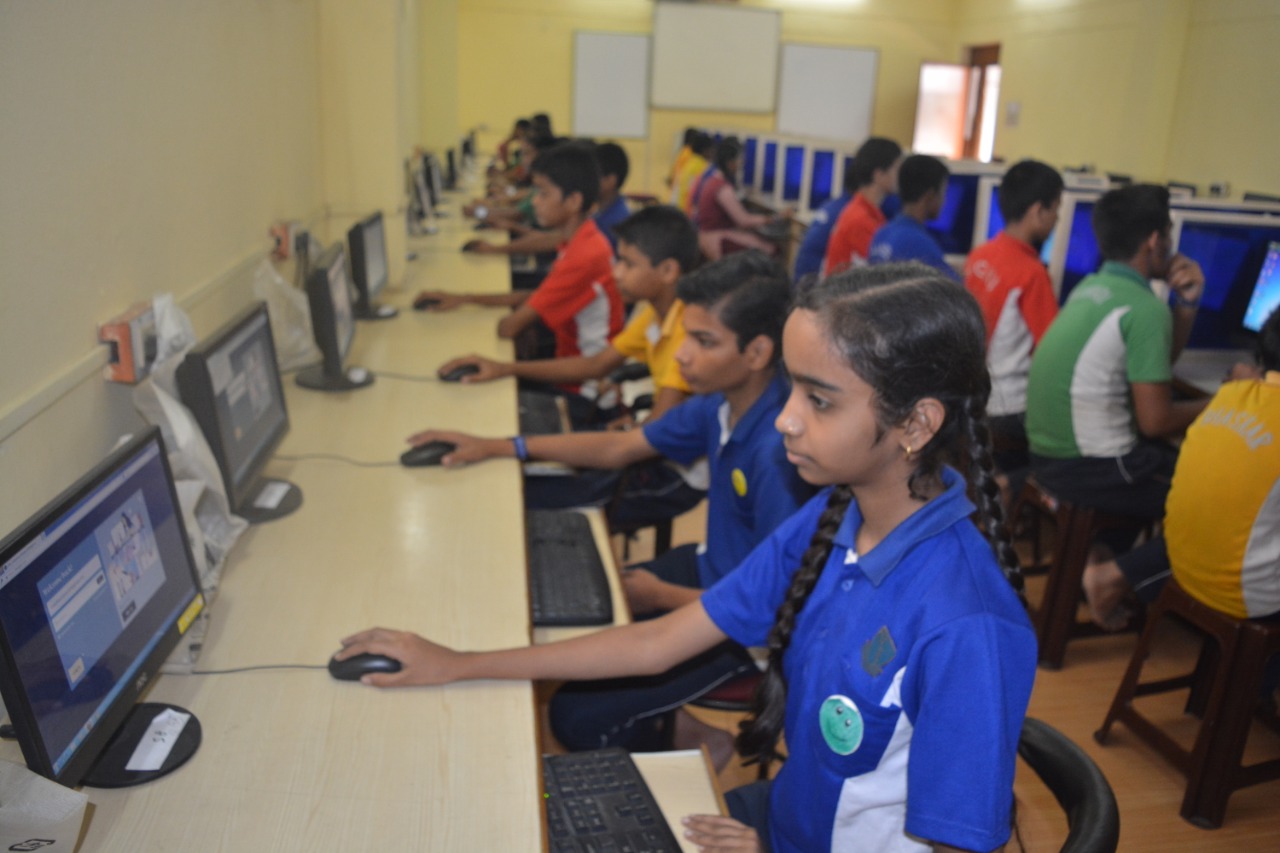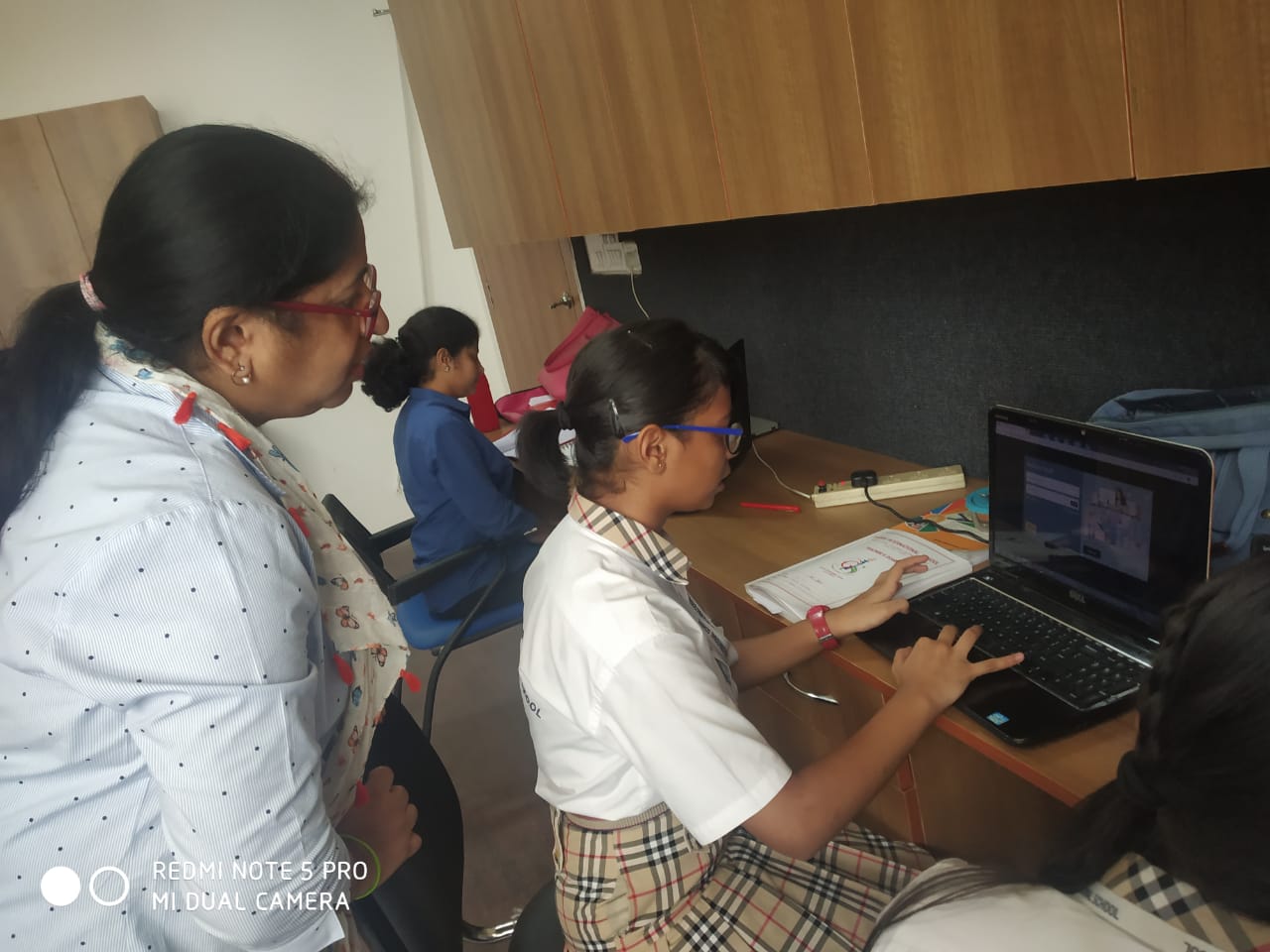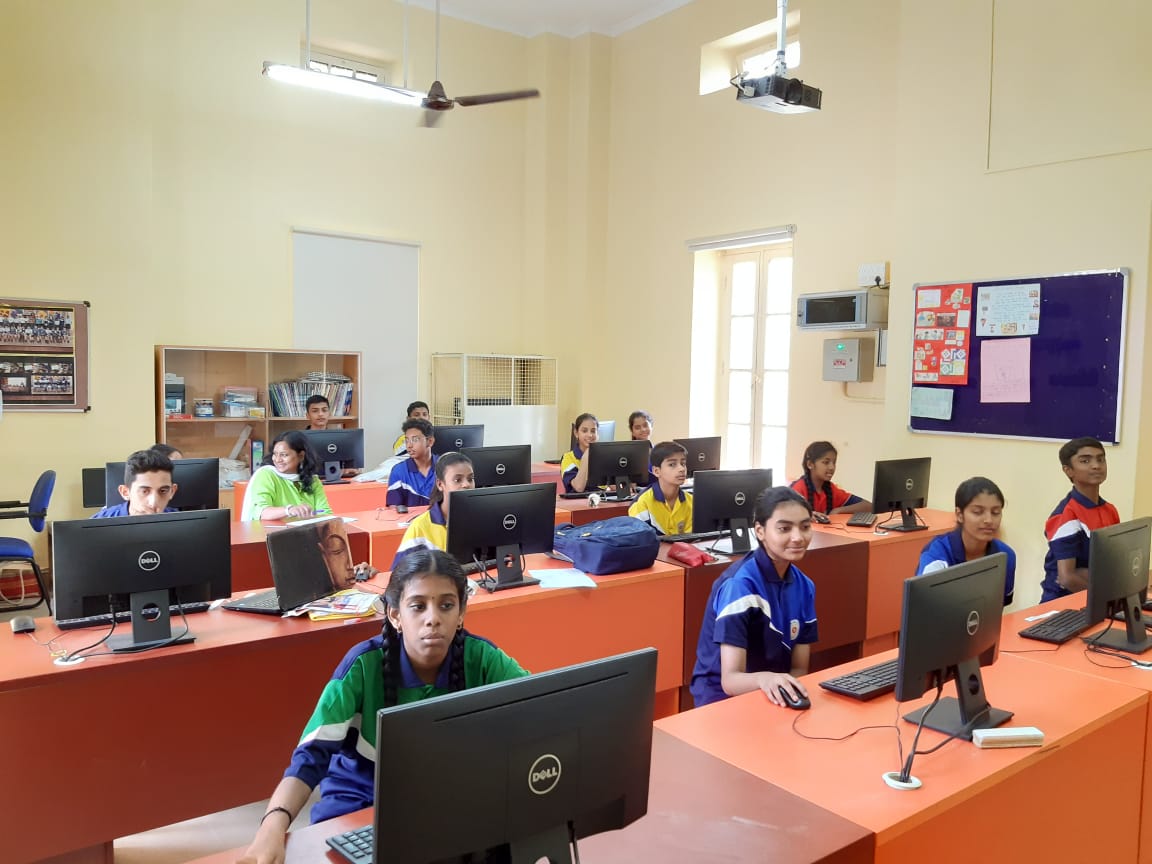UNESCO MGIEP’s flagship project ‘Global Citizenship’ aims to achieve the goal of sustainable and peaceful societies as outlined in SDG 4.7 through a digital curriculum on Global Citizenship education, with a focus on development of key Social and Emotional Learning (SEL) skills. The curriculum has been specifically designed for adolescents in the age group of 12-14 years, understanding the neuroscience and psychology of how an adolescent brain learns.
The Curriculum
The project aims to achieve the goal of sustainable and peaceful societies through a digital curriculum on Global Citizenship Education, with a focus on the development of key Social and Emotional Learning skills. The mandate of integrating social and emotional learning into curricula draws from the latest research in cognitive neuroscience that shows that the brain learns when it is ‘socially connected’ and ‘emotionally engaged’. Social and Emotional skills not only improve academic scores in the classroom but also build rational, empathetic and compassionate citizens. To address this, UNESCO MGIEP designed a 6 module series on global citizenship education, covering issues such as terrorism, migration, governance, rights and duties, identity and violence. These modules are designed to build knowledge and skills required to enhance one’s intellectual and social and emotional intelligence using MGIEP's SEL framework, built on EMC^2: Empathy, Mindfulness, Compassion and Critical Inquiry.
The curriculum for Global Citizenship has been been designed using the Libre process. The Libre process adopts a ‘problem-based’ approach to education as a tool that enables learners to build critical consciousness to drive ‘active’ citizenship’ that not only frames their identity, but powers them to critically analyse and understand the systemic, cultural and physical causes and manifestations of exclusion and marginalization.
Brainwiz is the pan-India implementing partner for the project and is presently managing the project in the following schools:
- Nirmal Bhartia Public School, New Delhi
- Srimati Kamlabai Educational Institutions, Bangalore, Karnataka
- Shri Mahaprabhu Public School, Allahabad, Uttar Pradesh
- Tagore International School, East of Kailash, New Delhi
- Gaur’s Internaional School, Noida, Uttar Pradesh
Learning Objectives
Over the course of this curriculum, learners will be able to : (1) Understanding the processes of critical inquiry and using the processes in service of global citizenship (2) Developing an understanding of mindfulness, empathy and compassion, and use these as tools to enhance one’s emotional wellbeing and social relationships (3) Demonstrating pro-social behaviour towards others, including those belonging to a different race, ethnicity, culture, colour, gender or nationality (4) Developing an understanding of Global Citizenship.
Source: Global Citizenship Concept Note, UNESCO MGIEP





